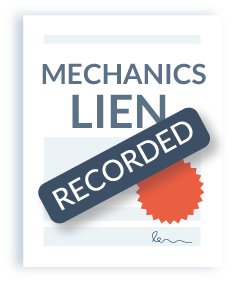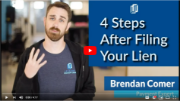Florida does not require general contractors (those with a direct contract with the property owner) to provide a preliminary notice in order to retain lien rights in Florida. However, they must provide list of all subs and suppliers within 10 days of request from the property owner.











